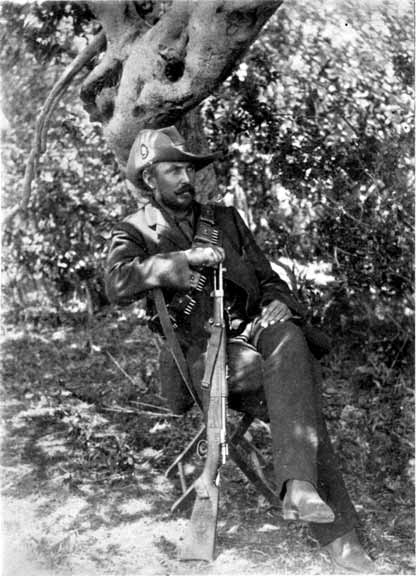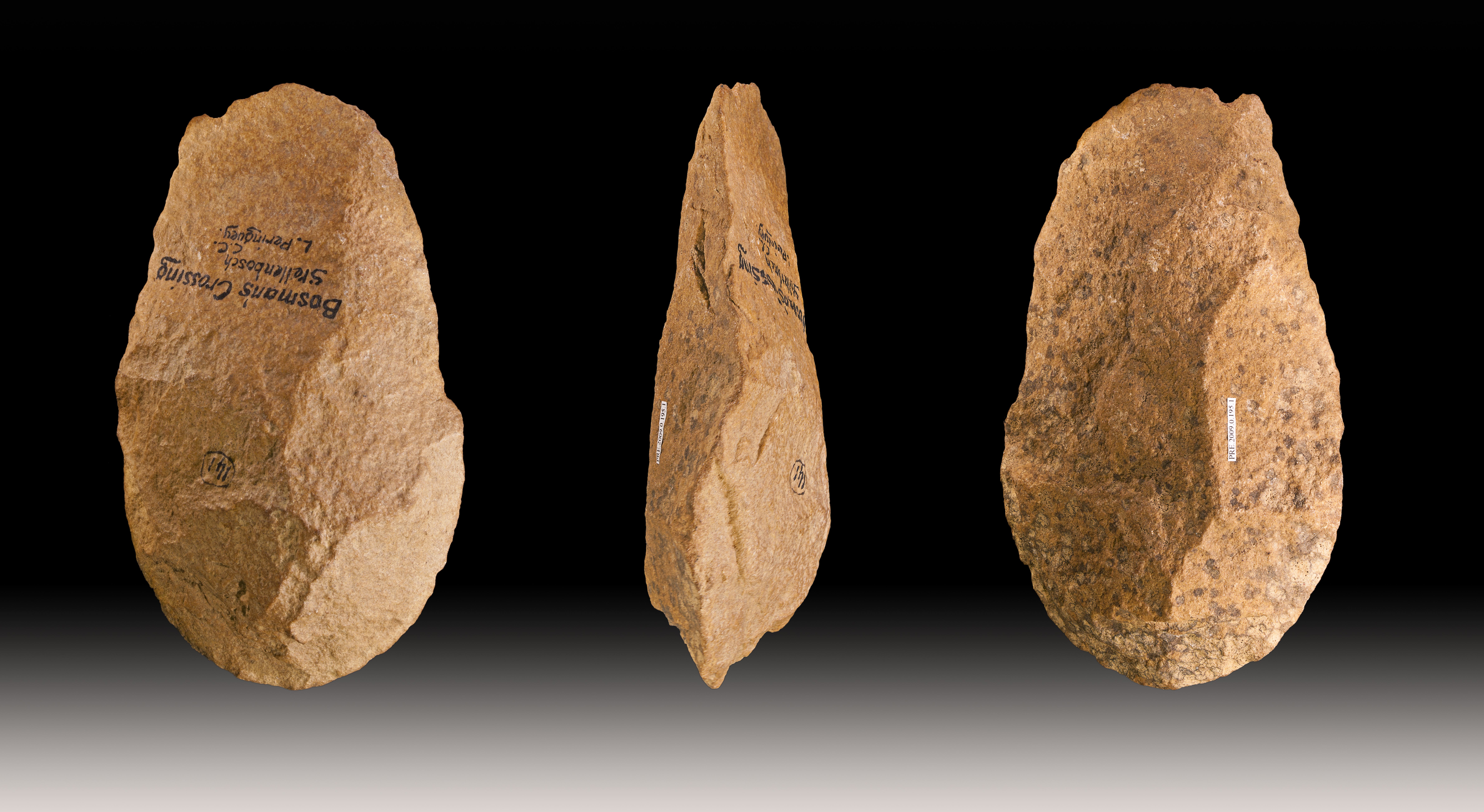|
1862 In South Africa
The following lists events that happened during 1862 in South Africa. Incumbents * Governor of the Cape of Good Hope and High Commissioner for Southern Africa: ** Sir Robert Wynyard (acting until 14 January). ** Sir Philip Wodehouse (from 15 January). * Lieutenant-governor of the Colony of Natal: John Scott. * State President of the Orange Free State: Marthinus Wessel Pretorius. * President of the Executive Council of the South African Republic: ** Stephanus Schoeman (acting until 17 April).Archontology.org: A Guide for Study of Historical Offices, South African Republic (Transvaal): Heads of State: 1857-1877 (Accessed on 14 April 2017) ** |
Cape Colony
The Cape Colony ( nl, Kaapkolonie), also known as the Cape of Good Hope, was a British Empire, British colony in present-day South Africa named after the Cape of Good Hope, which existed from 1795 to 1802, and again from 1806 to 1910, when it united with three other colonies to form the Union of South Africa. The British colony was preceded by an earlier corporate colony that became an Dutch Cape Colony, original Dutch colony of the same name, which was established in 1652 by the Dutch East India Company, Dutch East India Company (VOC). The Cape was under VOC rule from 1652 to 1795 and under rule of the Napoleonic Batavian Republic, Batavia Republic from 1803 to 1806. The VOC lost the colony to Kingdom of Great Britain, Great Britain following the 1795 Invasion of the Cape Colony, Battle of Muizenberg, but it was acceded to the Batavian Republic, Batavia Republic following the 1802 Treaty of Amiens. It was re-occupied by the British following the Battle of Blaauwberg in 1806 ... [...More Info...] [...Related Items...] OR: [Wikipedia] [Google] [Baidu] |
Transvaal Civil War
The Transvaal Civil War was a series of skirmishes during the early 1860s in the South African Republic, or Transvaal, in the area now comprising the Gauteng, Limpopo, Mpumalanga, and North West provinces of South Africa. It began after the British government had recognised trekkers living in the Transvaal as independent in 1854. The Boers divided into numerous political factions. The war ended in 1864, when an armistice treaty was signed under a Karee tree south of the site of the later town of Brits. Background In late 1859, the president of Transvaal, Marthinus Wessel Pretorius, was invited to stand for President in the Orange Free State, where many burghers now favoured union, partly as a means to overcome the Basotho. The Transvaal constitution that he had just enacted made it illegal to hold office abroad, but he readily did so and won. The Transvaal Volksraad attempted to side-step the constitutional problems by granting Pretorius half-a-year of leave in the hope t ... [...More Info...] [...Related Items...] OR: [Wikipedia] [Google] [Baidu] |
1862 By Country
Year 186 ( CLXXXVI) was a common year starting on Saturday (link will display the full calendar) of the Julian calendar. At the time, it was known as the Year of the Consulship of Aurelius and Glabrio (or, less frequently, year 939 ''Ab urbe condita''). The denomination 186 for this year has been used since the early medieval period, when the Anno Domini calendar era became the prevalent method in Europe for naming years. Events By place Roman Empire * Peasants in Gaul stage an anti-tax uprising under Maternus. * Roman governor Pertinax escapes an assassination attempt, by British usurpers. New Zealand * The Hatepe volcanic eruption extends Lake Taupō and makes skies red across the world. However, recent radiocarbon dating by R. Sparks has put the date at 233 AD ± 13 (95% confidence). Births * Ma Liang, Chinese official of the Shu Han state (d. 222) Deaths * April 21 – Apollonius the Apologist, Christian martyr * Bian Zhang, Chinese official and gener ... [...More Info...] [...Related Items...] OR: [Wikipedia] [Google] [Baidu] |
Louis Botha
Louis Botha (; 27 September 1862 – 27 August 1919) was a South African politician who was the first prime minister of the Union of South Africa – the forerunner of the modern South African state. A Boer war hero during the Second Boer War, he eventually fought to have South Africa become a British Dominion. Early life Louis Botha was born in Greytown, Natal one of 13 children born to Louis Botha Senior (26 March 1827 – 5 July 1883) and Salomina Adriana van Rooyen (31 March 1829 – 9 January 1886). He briefly attended the school at Hermannsburg before his family relocated to the Orange Free State. The name Louis runs throughout the family, with every generation since General Louis Botha having the eldest son named Louis. Botha had a younger brother Chris (1864-1902), who was a police officer and like Louis a military commander in the Second Boer War. Zulu conflict Louis Botha led "Dinuzulu's Volunteers", a group of Boers that had supported Dinuzulu against Zibhebhu i ... [...More Info...] [...Related Items...] OR: [Wikipedia] [Google] [Baidu] |
James Percy FitzPatrick
Sir James Percy FitzPatrick, (24 July 1862 – 24 January 1931), known as Percy FitzPatrick, was a South African author, politician, mining financier and pioneer of the fruit industry. He authored the classic children's book, ''Jock of the Bushveld'' (1907). As a politician, he defended British Imperial interests before and during the Anglo-Boer War. FitzPatrick is responsible for the creation of the two-minute silence observed on Armistice Day. Early life Percy FitzPatrick was born in King William's Town, the eldest son of James Coleman FitzPatrick, who was a judge of the Supreme Court of the Cape Colony, and Jenny FitzGerald. Both were originally from Ireland. Two of James Coleman FitzPatrick's other sons were killed in action – Thomas in the Matabele Rebellion and George in the Second Anglo-Boer War (serving on the British side with the Imperial Light Horse Regiment). Education James Percy FitzPatrick was first educated at Downside School near Bath, Somerset, and later ... [...More Info...] [...Related Items...] OR: [Wikipedia] [Google] [Baidu] |
Stellenbosch
Stellenbosch (; )A Universal Pronouncing Gazetteer. Thomas Baldwin, 1852. Philadelphia: Lippincott, Grambo & Co.A Grammar of Afrikaans. Bruce C. Donaldson. 1993. Berlin: Walter de Gruyter. is a town in the Western Cape province of South Africa, situated about east of Cape Town, along the banks of the Eerste River at the foot of the Stellenbosch Mountain. The town became known as the City of Oaks or ''Eikestad'' in Afrikaans and Dutch language, Dutch due to the large number of oak trees that were planted by its founder, Simon van der S ... [...More Info...] [...Related Items...] OR: [Wikipedia] [Google] [Baidu] |
Cape Town
Cape Town ( af, Kaapstad; , xh, iKapa) is one of South Africa's three capital cities, serving as the seat of the Parliament of South Africa. It is the legislative capital of the country, the oldest city in the country, and the second largest (after Johannesburg). Colloquially named the ''Mother City'', it is the largest city of the Western Cape province, and is managed by the City of Cape Town metropolitan municipality. The other two capitals are Pretoria, the executive capital, located in Gauteng, where the Presidency is based, and Bloemfontein, the judicial capital in the Free State, where the Supreme Court of Appeal is located. Cape Town is ranked as a Beta world city by the Globalization and World Cities Research Network. The city is known for its harbour, for its natural setting in the Cape Floristic Region, and for landmarks such as Table Mountain and Cape Point. Cape Town is home to 66% of the Western Cape's population. In 2014, Cape Town was named the best place ... [...More Info...] [...Related Items...] OR: [Wikipedia] [Google] [Baidu] |
London
London is the capital and largest city of England and the United Kingdom, with a population of just under 9 million. It stands on the River Thames in south-east England at the head of a estuary down to the North Sea, and has been a major settlement for two millennia. The City of London, its ancient core and financial centre, was founded by the Romans as '' Londinium'' and retains its medieval boundaries.See also: Independent city § National capitals The City of Westminster, to the west of the City of London, has for centuries hosted the national government and parliament. Since the 19th century, the name "London" has also referred to the metropolis around this core, historically split between the counties of Middlesex, Essex, Surrey, Kent, and Hertfordshire, which largely comprises Greater London, governed by the Greater London Authority.The Greater London Authority consists of the Mayor of London and the London Assembly. The London Mayor is distinguished fr ... [...More Info...] [...Related Items...] OR: [Wikipedia] [Google] [Baidu] |
Standard Bank Of British South Africa
The Standard Bank was a British overseas bank, which operated mainly in Africa from 1863 to 1969. It merged with the Chartered Bank in 1969 to form Standard Chartered. History The bank was incorporated in London on 15 October 1862 as Standard Bank of British South Africa. It was formed by a group of South African businessmen led by John Paterson. The bank started operations in 1863 in Port Elizabeth, South Africa, and soon after opening it merged with several other banks including the Commercial Bank of Port Elizabeth, the Colesberg Bank, the British Kaffrarian Bank and the Fauresmith Bank. It was prominent in financing and development of the diamond fields of Kimberley in 1867. In reflection to the growth of its branch network and expansion outside British controlled regions, the bank dropped the word "British" from its title and adopted the name Standard Bank of South Africa Limited in 1881. When gold was discovered on the Witwatersrand, the bank expanded northwards and o ... [...More Info...] [...Related Items...] OR: [Wikipedia] [Google] [Baidu] |
High Commissioner For Southern Africa
The British office of high commissioner for Southern Africa was responsible for governing British possessions in Southern Africa, latterly the protectorates of Basutoland (now Lesotho), the Bechuanaland Protectorate (now Botswana) and Swaziland (now Eswatini), as well as for relations with autonomous governments in the area. The office was combined with that of Governor of Cape Colony from 1847 to 1901, with that of the governor of Transvaal Colony 1901 to 1910, and with that of Governor-General of South Africa from 1910 to 1931. The British government appointed the Governor-General as High Commissioner under a separate commission. In addition to responsibility for Basutoland, Bechuanaland and Swaziland, he held reserve powers concerning the interests of the native population of Southern Rhodesia. The post was abolished on 1 August 1964. List of officeholders The high commission territories The high commissioner was responsible for governing the following territories, in each ... [...More Info...] [...Related Items...] OR: [Wikipedia] [Google] [Baidu] |
Willem Cornelis Janse Van Rensburg
Willem Cornelis Janse van Rensburg (16 May 1818 – 13 August 1865) was the second President of the Executive Council of the South African Republic, from 18 April 1862 until 10 May 1864. Life He was born near the town of Beaufort West, the son of Hendrik Janse van Rensburg and his second wife, Martha Magdalena Oosthuizen. Janse van Rensburg married Elizabeth Maria Jacoba du Plessis in 1838. Initially, he travelled with a party of Voortrekkers to Natal, and was one of the party of Janse van Rensburgs who survived an attack by a group of Zulus at Rensburg ''koppie'' (Rensburg hill). He subsequently travelled to the Transvaal and settled on a farm in the Rustenburg area in 1848. Janse van Rensburg was elected as a member of the in 1850, a post which he held until June 1855. During this period there was a major political conflict between the South African Republic's (ZAR) first president and writer of its constitution, Marthinus Wessel Pretorius, and its co ... [...More Info...] [...Related Items...] OR: [Wikipedia] [Google] [Baidu] |






